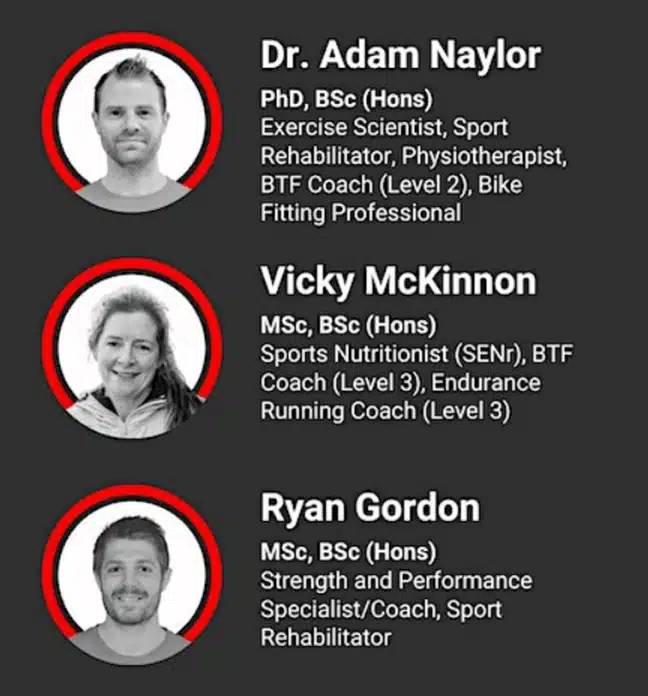Endurance sports are more than just physical challenges; they’re a perfect blend of science and athleticism. Athletes are constantly seeking ways to enhance their performance, and one of the most effective ways to do that is by delving into the science behind it.
On Thursday 2nd November, 7-9.30pm the team at M20 Health will be presenting Science for Endurance Sports Seminars. The talks will offer a comprehensive and insightful approach to improving your endurance sports performance. Delivered by qualified and experienced professionals with a passion for endurance sport, Adam, Ryan and Vicky will also be on hand to answer your questions.

In this blog, we’ll explore the key seminar topics and how they can benefit athletes of all levels.
1. How to Use Physiological Testing Wisely
Understanding your body’s physiological responses is a cornerstone of improving your endurance performance. These seminars delve deep into the world of physiological testing, helping athletes gain valuable insights into their individual limits and capacities. Here’s how you can benefit:
– Personalizing your training: By knowing your maximum oxygen consumption (VO2 max), lactate threshold, FTP and CSS, you can tailor your training plans to match your specific needs. This can lead to more efficient workouts and faster progress.
– Overcoming Plateaus: If you’ve hit a performance plateau, physiological testing can pinpoint the areas where you need improvement, enabling you to adjust your training regimen accordingly.
– Preventing Overtraining: By monitoring your physiological markers, you can avoid overtraining and reduce the risk of injuries.
2. Applied Sports Nutrition to Fuel Endurance Sport and Life
Nutrition plays a pivotal role in an endurance athlete’s life. This talk will emphasize the importance of proper nutrition for both athletic performance and overall well-being:
– Long-Term Health: Balancing energy expenditure and applying sports nutrition principles not only boosts athletic performance but also contributes to long-term health.
– Optimal Fuelling Strategies: Learn how to choose the right fuel for your workouts and races and time consumption appropriately. Discover the best ways to replenish energy stores, maintain hydration, and balance macronutrients.
– Recovery Techniques: Explore post-exercise nutrition to maximize recovery and reduce muscle soreness. Appropriate recovery nutrition can help you bounce back faster after races and hard training sessions.
3. Understanding Biomechanics and Reducing Injury Risk
Endurance athletes are no strangers to injuries. Understanding biomechanics can significantly reduce the risk of injuries and enhance performance:
– Efficient Movement Patterns: Discover how to optimize your biomechanics for running, cycling, swimming, and other endurance sports. Improving your technique can lead to increased efficiency and less strain on your body.
– Injury Prevention: Identify common biomechanical issues that can lead to injuries and learn strategies to prevent them. This knowledge can keep you in the game for the long haul.
– Performance Gains: Enhanced biomechanics can also translate into improved performance by making your movements more economical and reducing wasted energy.
In conclusion, Science for Endurance Sports Seminars provide a holistic approach to improving your endurance sports performance. Whether you’re a beginner looking to get started on the right foot or an experienced athlete seeking that competitive edge, these seminars can give you an insight into the tools to excel in your chosen endurance sport.
The intersection of science and athleticism is where champions are made. Book your tickets today at https://www.eventbrite.co.uk/e/science-for-endurance-sport-seminars-optimise-training-and-performance-tickets-729000539237?aff=ebdssbdestsearch



